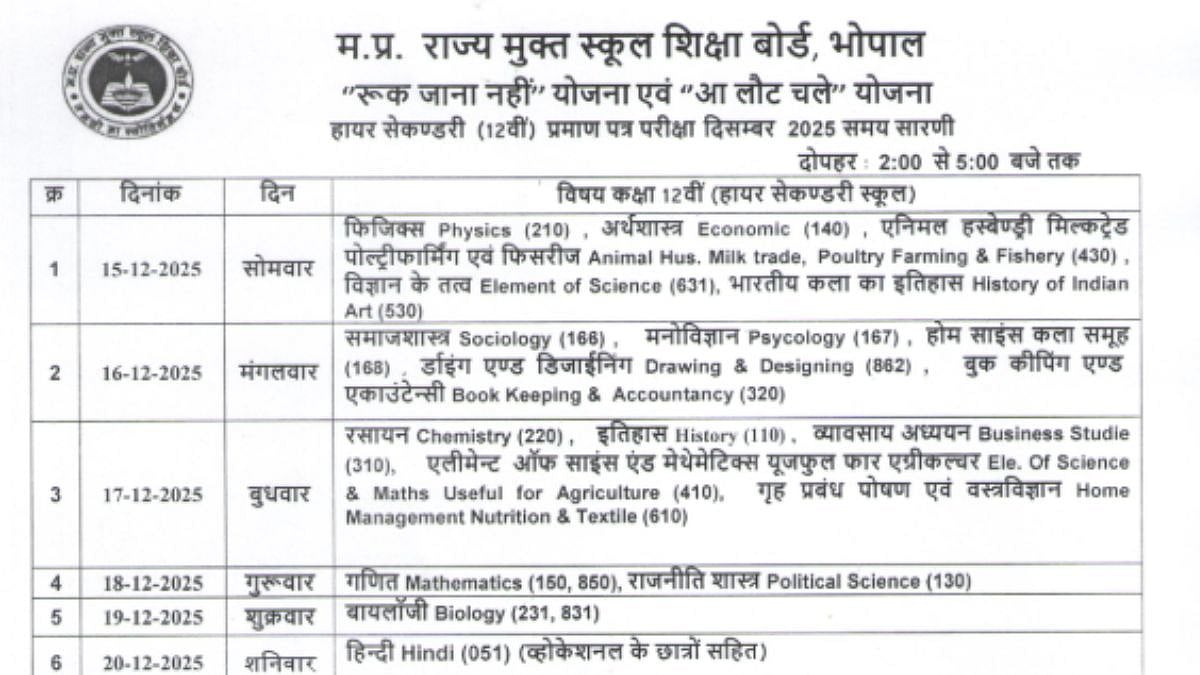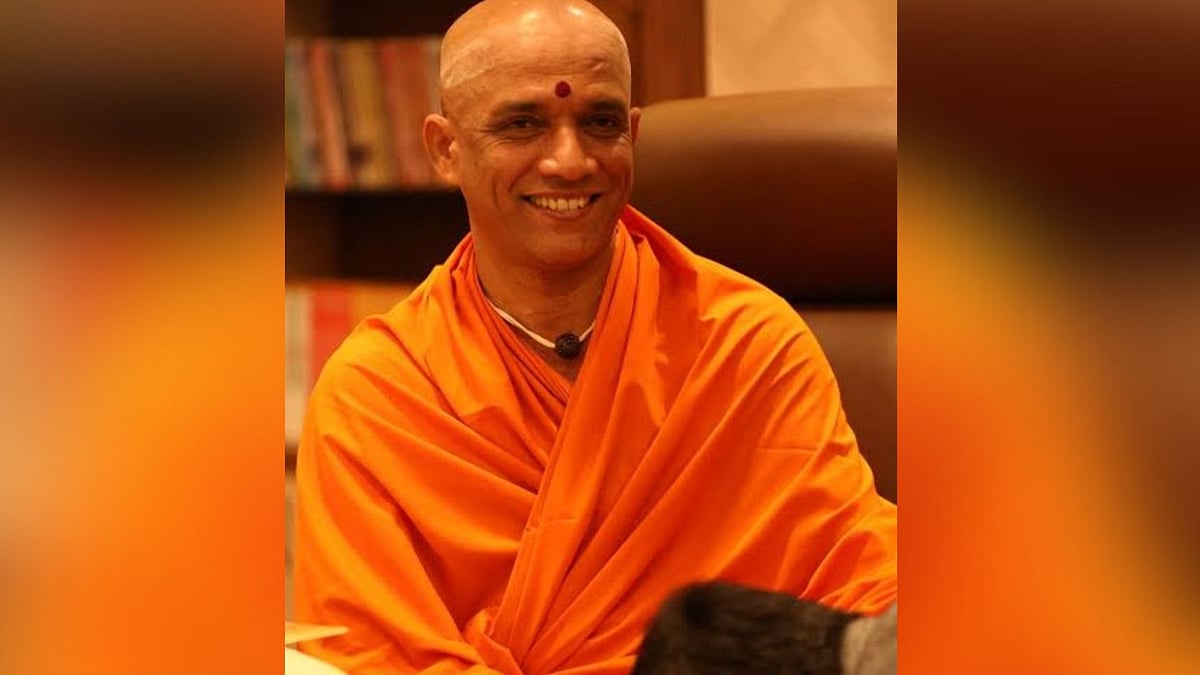The Supreme Court on Friday asked the Law Commission to consider a plea as a representation of a Buddhist group that certain sets of personal Hindu laws, which are applicable to Buddhists also, are against their fundamental rights, including freedom to practice religion.
Bench Questions Scope of Relief Sought
A bench comprising Chief Justice Surya Kant and Justice Joymalya Bagchi, hearing a plea of the Buddhist Personal Law Action Committee, asked the Law Commission to treat the plea as a representation that certain existing legal provisions run contrary to the fundamental rights and cultural practices of the Buddhist community, warranting constitutional and statutory changes.
Buddhists Currently Governed by Hindu Personal Law Statutes
Buddhists are governed by same personal laws as Hindus, as specified by the Hindu Marriage Act, 1955, the Hindu Succession Act, 1956, the Hindu Minority and Guardianship Act, 1956, and the Hindu Adoptions and Maintenance Act, 1956.
Article 25 of the Constitution includes Buddhists, Jains, and Sikhs within the definition of "Hindu" for the purposes of these laws.
CJI Seeks Clarification on Constitutional Amendment Demand
At the outset, the CJI, however, questioned the nature of the relief sought.
“You want a mandamus to amend the Constitution and personal laws? Where have you approached the government authority? You want us to consider Kesavananda Bharati now and amend the basic structure also,” Justice Kant asked.
The counsel for the petitioner submitted that Buddhists constituted a distinct community and that representations had been made “so many times.”
Law Commission Termed the Appropriate Authority
The bench said the Law Commission is the only expert body in the country and is usually headed by a former Supreme Court judge or by the Chief Justice of the high court.
“They will welcome a person like you and get assistance. The Law Commission can make recommendations for such constitutional amendments,” he said.
The bench noted a communication of the Ministry of Law and Justice of December 2024 which said that the 21st Law Commission is examining the issue in its deliberations on the Uniform Civil Code and views of various stakeholders have been sought.
The bench noted that the Law panel advises amendments, repeal, and enactment of new laws to bring them into conformity with “our constitutional ethos and morality,” and a writ of mandamus cannot be issued by the apex court to make or delete a law or provisions.
“The instant writ petition has been filed in public interest seeking following reliefs… Petitioner trust is working for propagation of Buddhism in India. He states certain provisions are contrary to fundamental rights of Buddhists…There is no gainsaying that the Law Commission is one of the premier institutions headed by a former judge of this court or a chiief Justice of the High Court…,” it noted in the order.
Law Panel to Consider Petition as Representation
The bench said the law panel took a “holistic view” on the issue and made recommendations accordingly.
“In order to assist the Law Commission for an expeditious conclusion of pending issues, we deem it appropriate to direct that the plea be served as a representation to the Law Commission of India (LCI). The registry accordingly directed to send a complete paper-book to the LCI for their consideration of material brought on record by the petitioner,” it said.
The bench said the law panel may permit a representative of the petitioner organisation to “render quality assurance” to it in formation of the view point.
(Except for the headline, this article has not been edited by FPJ's editorial team and is auto-generated from an agency feed.)










